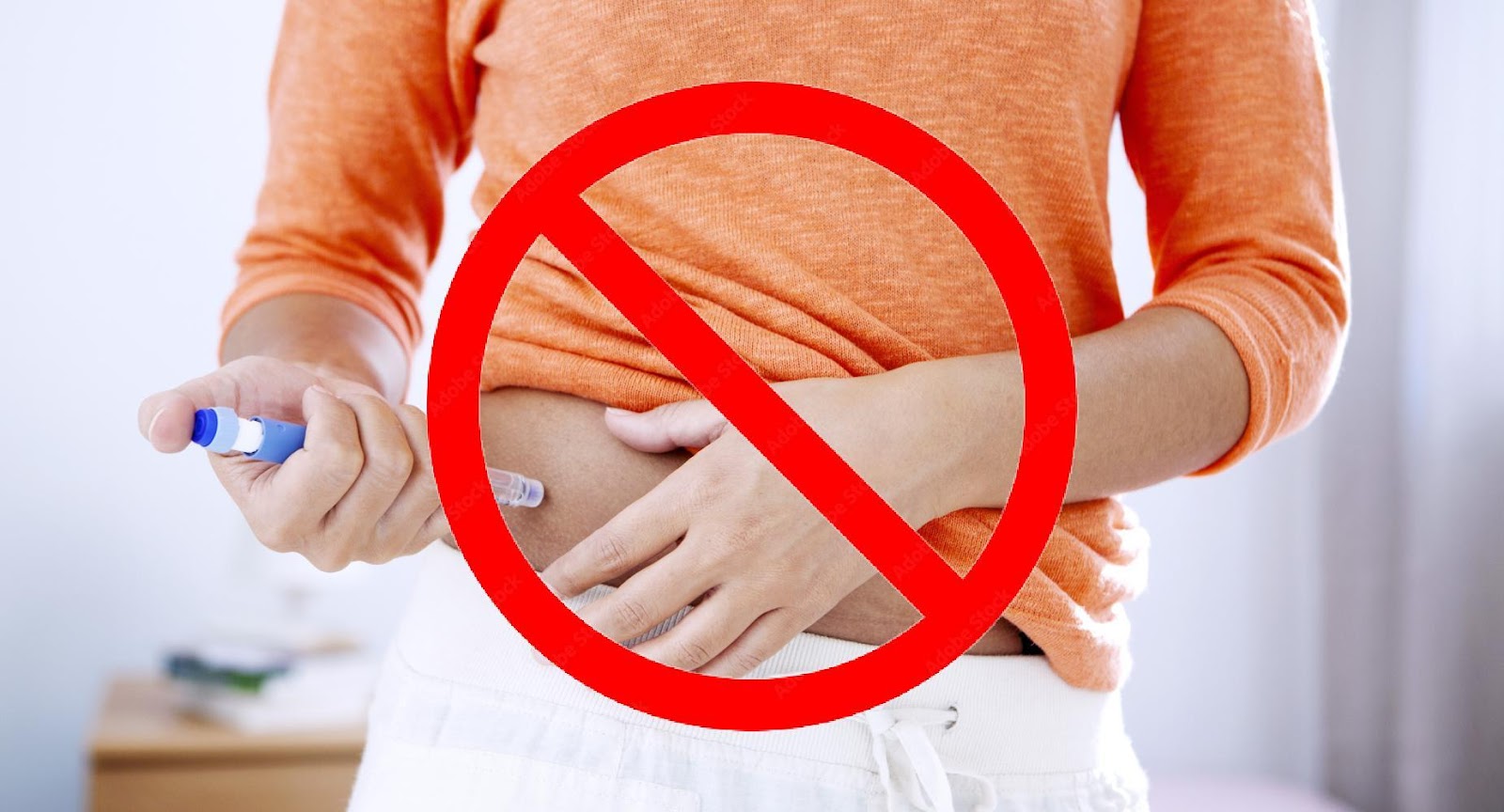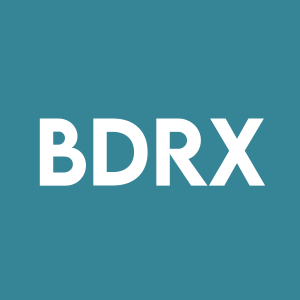Biodexa Takes Aim At Type 1 Diabetes With Innovative Drug Candidate Tolimidone
Orally dosed small molecule candidate is designed to reduce/eliminate need for injectable insulin
Topline data from Phase 2a program expected by year-end
Safety profile established in more than 700 patients
CARDIFF, UK / ACCESSWIRE / March 1, 2024 / While type 2 diabetes is frequently discussed in the media, the 1.3 million U.S. adults who struggle with type 1 diabetes are sometimes forgotten about.

Type 1 diabetes is a chronic autoimmune condition in which the body's immune system attacks and destroys the insulin-producing cells in the pancreas. This leads to a deficiency of insulin, a hormone necessary for regulating blood sugar levels. People with type 1 diabetes require lifelong insulin therapy to manage their blood sugar and avoid complications. Without proper treatment, type 1 diabetes is a life-threatening condition.
Clinical-stage biopharmaceutical company Biodexa Pharmaceuticals PLC (NASDAQ:BDRX) is looking to improve treatment options for individuals with type 1 diabetes. Recent data has shown that the prevalence of type 1 diabetes is increasing annually by
Biodexa's drug candidate is a Lyn kinase activator named tolimidone. The drug is believed to stabilize and potentially induce the proliferation of beta cells, which are responsible for producing insulin. In type 1 diabetes, the body's immune system attacks and destroys beta cells thereby reducing and ultimately eliminating the ability to produce insulin. Tolimidone's potential to protect and enhance beta cell viability is a promising prospect in the treatment of this condition. Biodexa's drug candidate aims to provide an alternative treatment option to address the underlying cause of the disease rather than solely relying on supplemental insulin.
In a research report dated Feb 8, 2024, Aydin Huseynov, M.D. CFA, a biotech equity analyst at Ladenburg Thalmann, noted that there are about 60,000 new cases of type 1 diabetes in the U.S. each year. "The type 1 diabetes market, long dominated by insulin, is overdue for the type of innovation companies like Biodexa are proposing," Dr. Huseynov said. His report places a ‘BUY' rating on Biodexa with an
An earlier preclinical study showed that tolimidone protected beta cells, promoted their regeneration and improved glucose regulation. The findings led researchers to believe that tolimidone could not only delay the progression of type 1 diabetes but also lessen the number of hyperglycemic events and reliance on exogenous insulin.
Biodexa has announced that preparations are underway to conduct a Phase 2a study involving approximately 16 patients diagnosed with type 1 diabetes, with the primary goal of evaluating tolimidone. This open-label study will assess three different doses of tolimidone concurrently with incremental data release during the course of the trial. Key measurements will include C-peptide levels (a marker of insulin production), HbA1c levels (a gauge of blood glucose levels) and the frequency of hyperglycemic events. Full topline data from the study is expected to be reported in Q1 2025.
Originally developed by Pfizer, tolimidone is accompanied by a comprehensive preclinical and toxicology data package and has been evaluated in around 700 patients, including those with type 2 diabetes.
The market size for type 1 diabetes drugs is estimated to reach
Featured photo by National Cancer Institute on Unsplash.
Click here for more information on Biodexa Pharmaceuticals: https://redingtonvirtual.com/bdrx-benzinga-2403/
Contact:
Stephen Stamp, CEO, CFO
ir@biodexapharma.com
SOURCE: Biodexa Pharmaceuticals Plc
View the original press release on accesswire.com







